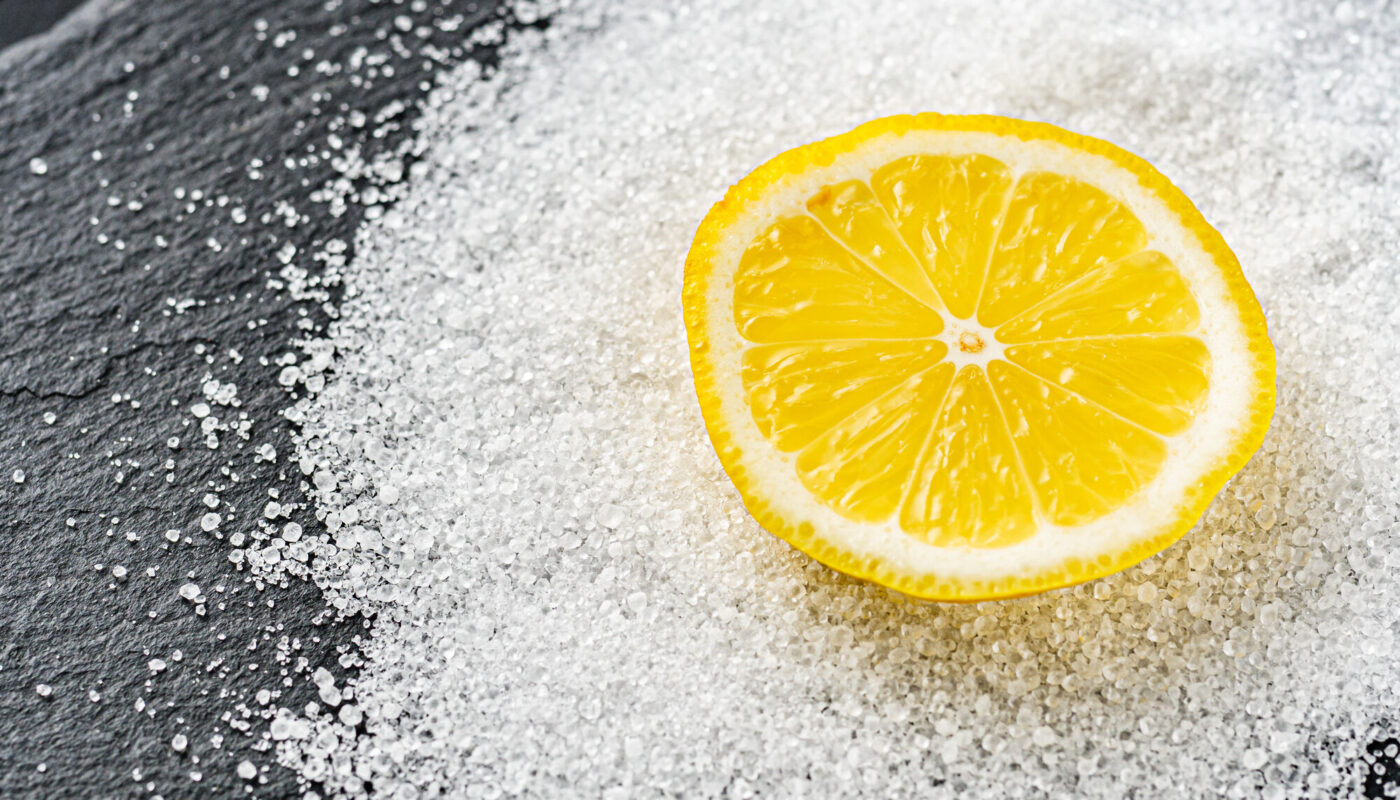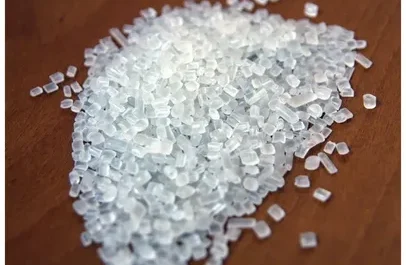Citric acid is an organic acid that is naturally present in citrus fruits. It plays an important role in many food and household products that we use daily. Here is a closer look at this essential compound.
What is Citric Acid?
Citric acid is a weak organic acid that has the chemical formula C6H8O7. Its IUPAC name is 2-hydroxy-propane-1,2,3-tricarboxylic acid. Citric acid was first isolated from lemon juice by a Swedish chemist, Carl Wilhelm Scheele, in 1784. It exists in citrus fruits like lemons, limes, oranges, grapefruits, etc. in concentrations ranging from 4-8%. Citric acid is also naturally produced by various fungi, plants and animals as an intermediate compound in the Krebs cycle.
Production and Purification
While Citric Acid exists naturally in citrus fruits, commercial production involves fermentation of sugar cane or molasses by certain fungal strains like Aspergillus niger or Candida guilliermondii. The organism’s metabolism is optimized to produce high yields of citric acid through fermentation. The fermented broth is then treated to separate and purify citric acid. Crystallization and fractional precipitation steps isolate pure citric acid crystals. Today, China is the largest producer of commercially manufactured citric acid, accounting for over 70% of global production.
Functions in Food
Citric acid is widely used as a food additive with E number E330. Some key functions of citric acid in food include:
– Acidulant: Citric acid is used as a natural pH balancing acidulant in foods and beverages to enhance taste. It replaces artificial acids like phosphoric acid.
– Flavor Enhancer: In small quantities, citric acid accentuates natural fruity flavors in foods and drinks.
– Preservative: Along with its acidic pH, citric acid inhibits bacterial growth and prevents spoilage in foods. This allows a longer shelf life.
– Chelator: Citric acid binds (“chelates”) with metals like iron to improve solubility, absorption and prevent metallic tastes. This is why it’s added to supplements.
– Dough Conditioner: In baked goods, citric acid improves quality by modifying gluten properties in dough.
– Anti-Oxidant: Chelation by citric acid prevents oxidation of nutrients, colors and flavors in foods during storage.
These valuable properties of citric acid have made it an essential food additive worldwide. It’s commonly found in juices, soda, candy, preserves, seasonings, dairy and more.
Uses in Household Products
Apart from foods, citric acid has widespread uses in various household products as well:
– Cleaning Products: As a non-toxic acid, it removes stains and cuts through grease/grime in detergents, soaps, scouring powders and more.
– Toothpaste: The mild acidity of citric acid fights plaque, whitens teeth and provides that fresh clean feeling along with mint or fruit flavors.
– Bath Products: It exfoliates dead skin cells and refreshes bathing experiences when added to soaps, scrubs and body washes.
– Furniture Polish: Lemon-scented furniture polishes contain citric acid to cut through dirt, oils and wax buildup effortlessly.
– Water Softening: Calcium and magnesium ions in hard water are chelated by citric acid, making it an active ingredient in water softeners.
– Beauty Products: Facial scrubs, toners and anti-aging creams utilize the skin-softening properties of citric acid.
So in summary, as both a natural acidulant and preservative, citric acid has myriad commercial and domestic uses due to its functionality, affordability and safety profile. No wonder it’s one of the most widely produced food chemicals globally.
Health Benefits of Citric Acid
While citric acid is primarily valued for its functional properties, recent research indicates it may also provide some health benefits when consumed in moderation as part of a balanced diet:
– Antioxidant Action: Test tube studies found citric acid to have protective antioxidant effects similar to ascorbic acid (Vitamin C).
– Detoxification Aid: As a chelator, citric acid may help remove heavy metals like aluminum, lead and mercury from the body. However, more research is needed.
– Anti-Inflammatory: Animal research linked citric acid supplements to reduced inflammation. The exact anti-inflammatory mechanism remains unclear.
– Bone Health: Some evidence suggests daily supplementation with citric acid may slow bone loss in postmenopausal women and benefit bone mineral density.
– Immunity Booster: Early animal research connected citric acid intake to increased white blood cell count and improved immune responses against infection and disease.
So while citric acid consumption through foods is generally recognized as safe, more definitive human clinical trials are still warranted regarding its potential medicinal applications and benefits at supplemental doses. moderate dietary amounts appear safe.
Conclusion
As a multifunctional food additive and household ingredient, citric acid has become ubiquitous in modern lifestyle. Its natural acidity, preservative properties and chelating action make it immensely valuable across industries. Ongoing research also indicates potential health boosting effects of citric acid. Overall, citric acid is a remarkable organic compound that adds both quality and length to our foods, cleans effectively and may provide some nutritional advantages. It has certainly earned its place as one of the most widely used food chemicals worldwide.
*Note:
1. Source: Coherent Market Insights, Public sources, Desk research
2. We have leveraged AI tools to mine information and compile it




